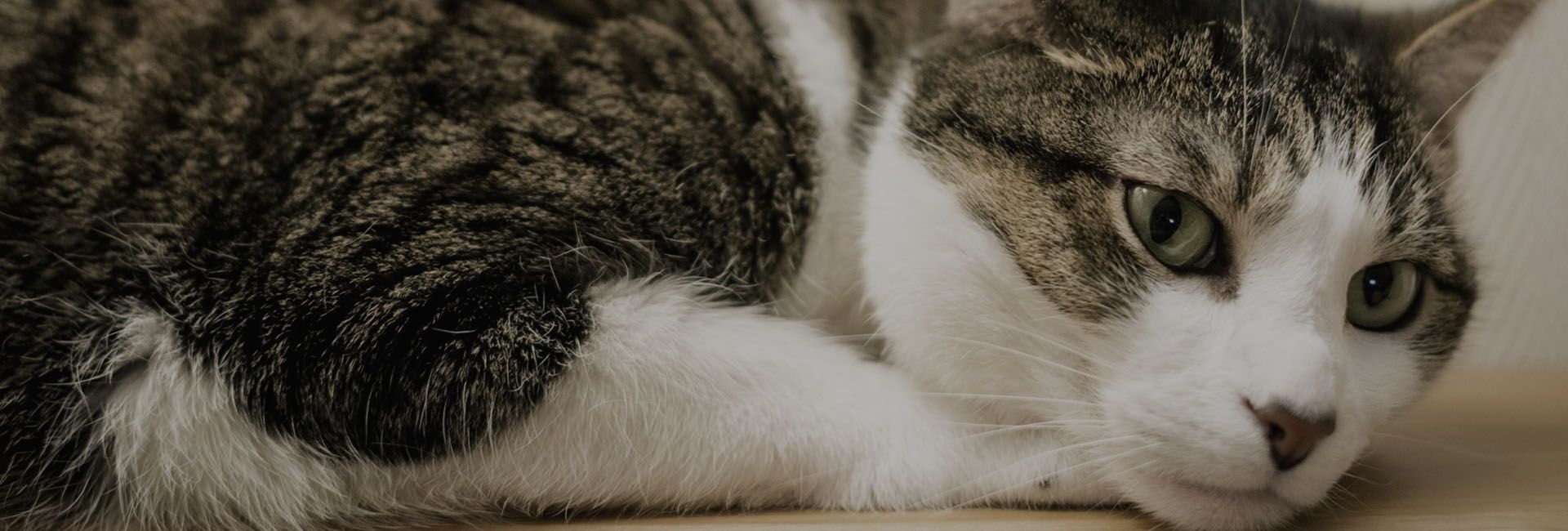Dental Care for Cats at The Complete Cat Veterinary Clinic
Cat Dental Care: Keeping Your Feline's Teeth Healthy
Taking care of your cat's teeth might not be the first thing on your mind, but it's crucial for their overall health and happiness. Just like humans, cats can suffer from dental issues that can lead to pain, difficulty eating, and even more serious health problems. Imagine trying to enjoy your favorite meal with a toothache, it's the same for our feline friends.
Importance of Regular Dental Check-ups For Cats
Regular dental check-ups are essential for maintaining your cat's oral health and catching potential problems early. These visits allow your veterinarian to perform professional cleanings that you simply can’t do at home. During these check-ups, your vet will:
- Remove Plaque and Tartar: Professional cleanings eliminate plaque and tartar that can lead to gum disease and tooth decay.
- Conduct Thorough Exams: Vets can spot early signs of dental issues like gingivitis, periodontitis, and tooth resorption, which may not be visible to the untrained eye.
- Provide Expert Advice: Your vet can offer personalized tips and products suited for your cat's dental health needs.
Think of these check-ups as an investment in your cat’s long-term health. Neglecting dental care can lead to painful conditions that affect not only the mouth but also other parts of the body. Bacteria from dental diseases can enter the bloodstream, potentially leading to heart, liver, and kidney issues.
By making dental check-ups a regular part of your cat’s healthcare routine, you're not only preventing pain and discomfort but also ensuring a happier, healthier life for your furry friend. Regular visits set the foundation for good oral hygiene and can save you from more costly treatments down the line.
Daily Dental Care Routine
Establishing a daily dental care routine for your cat might seem daunting, but it's easier than you think and incredibly beneficial. Just like us, regular cat teeth cleaning helps to keep their teeth clean and healthy. Here's how you can help:
- Brushing: Use a cat-specific toothbrush and toothpaste. Human toothpaste can be toxic to cats, so stick to flavors they'll love like chicken or fish. Start slowly, letting your cat get used to the taste and feel of the brush. Gradually work up to brushing their teeth a few times a week.
- Dental Treats and Toys: These are excellent tools for maintaining oral hygiene. Dental treats are designed to reduce plaque and tartar buildup, and many cats find them irresistible. Chew toys can also help clean your cat's teeth while they play, making dental care fun and effective.
- Water Additives: Consider using water additives that promote dental health. These can be added to your cat's drinking water and help reduce bacteria in the mouth, keeping their breath fresh and teeth cleaner.
Consistency is key. Make these practices part of your daily routine to ensure your cat’s teeth stay healthy. Regular dental care at home not only prevents dental diseases but also helps you monitor your cat's oral health, catching any issues early before they become serious problems. With patience and persistence, daily dental care can become a simple and stress-free part of your and your cat’s lives.
Signs of Dental Problems in Cats
Knowing the signs of dental problems in your cat is crucial for catching issues early and ensuring they receive the necessary treatment. Cats are masters at hiding pain, so it’s up to us to be vigilant. Here are some common signs to watch for:
- Bad Breath: While some odor is normal, particularly foul-smelling breath can indicate dental disease or infection.
- Drooling: Excessive drooling, especially if it’s accompanied by a foul odor, may be a sign of oral health issues.
- Difficulty Eating: If your cat is dropping food, chewing on one side of the mouth, or showing a lack of interest in food, they might be experiencing dental pain.
- Inflamed or Bleeding Gums: Check your cat’s gums regularly. Red, swollen, or bleeding gums can indicate gingivitis or periodontal disease.
- Behavioral Changes: Cats with dental pain might become more irritable, reclusive, or reluctant to be touched around the mouth.
If you notice any of these symptoms, it’s important to schedule a visit to your veterinarian as soon as possible. Dental problems can escalate quickly, leading to more serious health issues. Early detection and treatment can save your cat from unnecessary pain and prevent more complex health problems in the future. Regular monitoring and prompt action are key to maintaining your cat’s dental health and overall well-being.
Prioritize Feline Oral Health
Ensuring your cat’s dental health is crucial for their overall well-being and happiness. By scheduling regular dental check-ups, establishing a daily dental care routine, and being vigilant about signs of dental issues, you can help your feline friend live a healthier, pain-free life. The Complete Cat Veterinary Clinic offers specialized dental care in Brookfield, Danbury, Newtown, and nearby Connecticut areas tailored to your cat's needs. Book an appointment today and give your cat the gift of a healthy smile.



